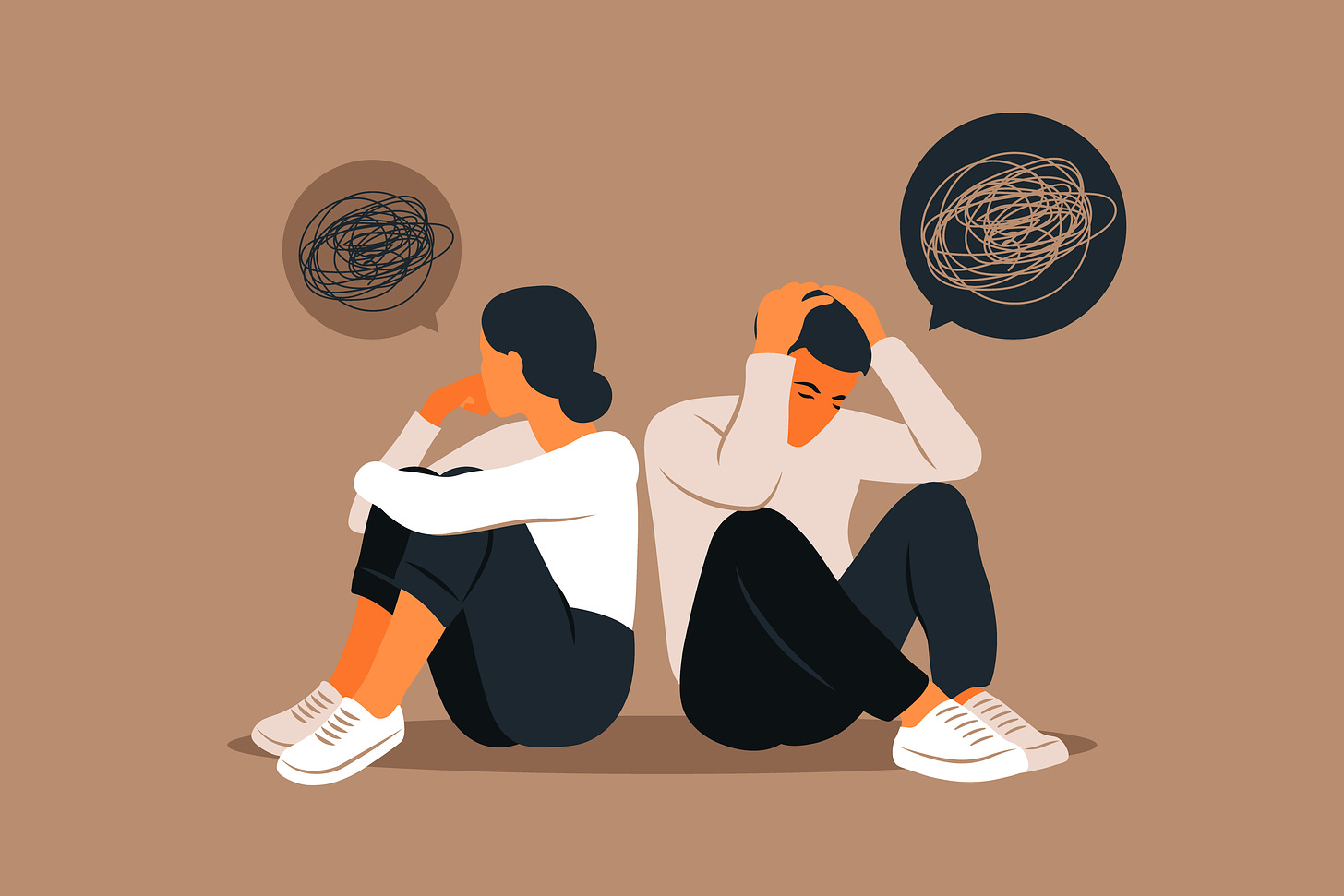The Gender Divide in Dating Expectations
Are women asking too much or are men offering too little?
When it comes to dating, women tend to be more selective than men. In a recent survey, we found that women, especially those with a college degree, expressed more reservations about certain qualities in a partner than men—their political views, educational background, employment status, and even smoking habits. Close to half of college-educated single w…
Keep reading with a 7-day free trial
Subscribe to American Storylines to keep reading this post and get 7 days of free access to the full post archives.




